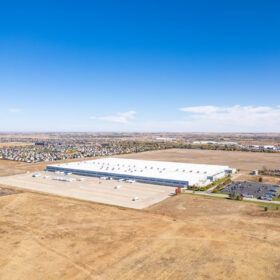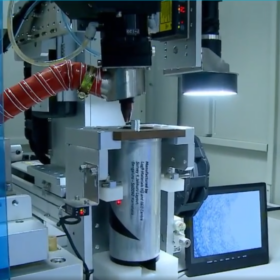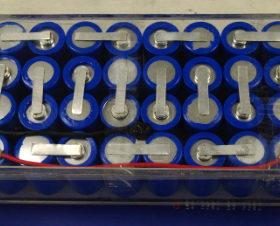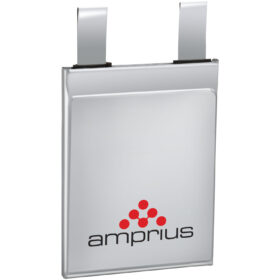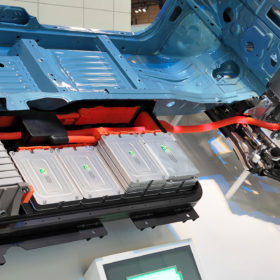Global battery market forecast to grow 186% by 2025
CEA’s Energy Storage System (ESS) Supplier Market Intelligence Program (SMIP) offers a biannual market report about the leading global lithium-ion battery cell manufacturers and energy storage system integrators.
Tata Group to set up 20 GWh lithium-ion cell plant in Gujarat
Tata Group will set up a 20 GWh lithium-ion cell manufacturing plant in Gujarat with an estimated investment of INR 13,000 crore in the first phase.
Amara Raja breaks ground on 16 GWh li-ion cell, 5 GWh battery pack factory
Executive director Vikramadithya Gourineni told pv magazine their Telangana factory will produce lithium ferro phosphate (LFP) and nickel-manganese-cobalt (NMC) chemistry cells.
Exide targets 12 GWh of li-ion cell capacity by 2027
Gayatri Dadheech, chief technology officer at Exide Industries Ltd, told pv magazine their first-phase 6 GWh lithium-ion cell manufacturing capacity in India would become operational by December next year and will produce lithium ferro phosphate (LFP) and nickel-manganese-cobalt (NMC) cells. The following 6 GWh, targeted by 2027, could be based on advanced lithium-ion, solid-state, or other battery technology.
Log9 Materials opens lithium battery cell factory
Bengaluru-based Log9 Materials has launched the production of li-ion battery cells from its factory in Bengaluru. The facility will produce lithium-titanium-oxide (LTO) and lithium ferro-phosphate (LFP) chemistry cells with significantly improved energy densities.
Neogen signs technology license agreement with Japanese major to manufacture lithium battery electrolytes in India
With this arrangement, Neogen gets access to a proven global technology to manufacture electrolytes at scale for lithium-ion batteries in India.
Silicon anode lithium-ion battery cell with 500 Wh/kg density
Amprius has obtained third-party performance verification for a battery cell that offers high power density in a lightweight package.
Jammu and Kashmir may hold lot more lithium resources than 5.9 million tonnes
The Geological Survey of India (GSI) proposes further exploration activities to estimate the value of lithium in Jammu and Kashmir.
Lithium discovery big win for India, but concerns remain over mining and refining
India has struck gold by discovering 5.9 million tonnes of lithium resources in Jammu & Kashmir. The nation now needs to work towards building the capacity to extract lithium in a sustainable and eco-friendly way.
India needs over $4 billion to create 50 GWh of lithium battery capacity under PLI Scheme: CEEW
A new study by CEEW deconstructs the lithium-ion battery cell manufacturing process, calculates the material and finance requirements, and offers a blueprint for the domestic strategy.
